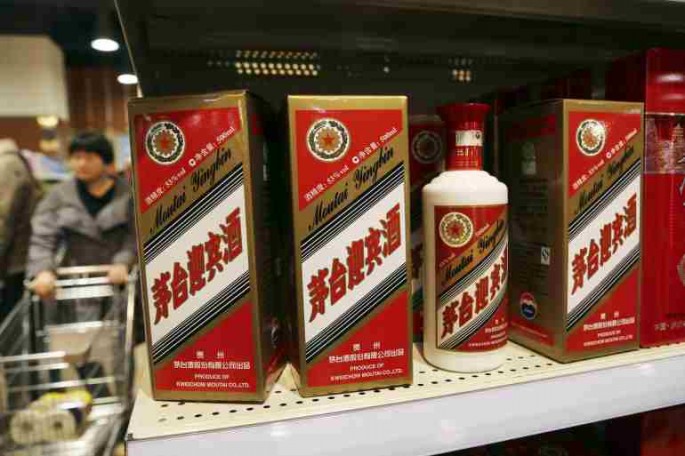China's National Health and Family Planning Commission (NHFPC) is currently proposing using gold foil in a Chinese liquor called the baiju.
The commission is awaiting the feedback of some food regulating agencies, including the China Food and Drug Administration, the State Administration of Traditional Chinese Medicine and the Ministry of Agriculture as well as from the general public until Feb. 20.
For the first time in China, gold is being proposed to be used as a food additive. On its website, the NHFPC stated that it has plans of using gold foil in baiju, adding that it would only put a maximum amount of 0.02 grams of gold per kilogram of liquid.
The commission is transparent in how it would use and process the gold as an additive. Gold of 99.99-percent purity should first be vaporized and then its composition would be reorganized. Gold that has undergone the process would come out as powder of leaves. Lacking in its announcement, however, is the reason why gold should be added to baiju in the first place.
This is also the question that the subcommittee of the China National Food Industry Association wants an answer for. The secretary-general of the association, Ma Young, said that he does not believe gold foil is even necessary to be added to the Chinese liquor.
Gold has been used in the European Union, Japan, India and certain Southeast Asian countries for decades. Gold foil has been authorized for decorative purposes or external coatings for chocolates, confectionery and liqueur. In China, traditional medicine usually used gold as a drug instead of being added on food.



























